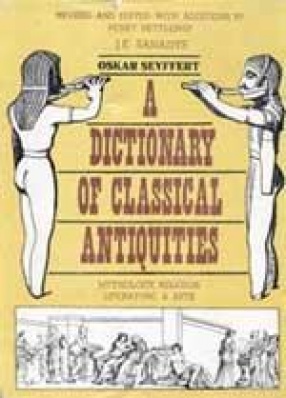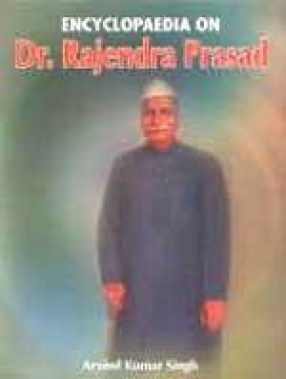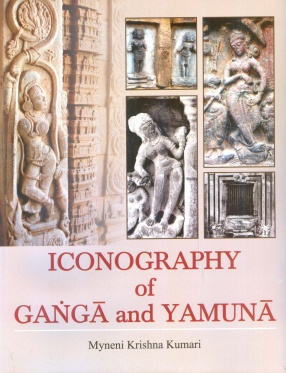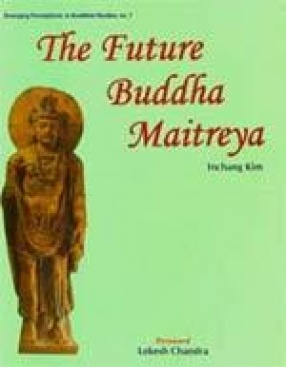The present Dictionary is not an ordinary Dictionary as commonly understood and which according to New Webster’s Dictionary (College edition), ‘is a lexicon or a book containing words of a language arranged in alphabetical order, with explanations of their meanings, pronunciations, etymologies and other information’. More broad-based and comprehensive, it is the English translation of a monumental work in German by Dr. Oskar Seyffert of Berlin whose literary fame crossed the borders of Germany. His work commands greater authority because he was also a distinguished Latin scholar of the 19th century. As it had enjoyed wide circulation in Germany it was translated from German to English by revising, rear-ranging and adding more matter by two eminent scholars from the Oxford and Cambridge Universities. Within the compass of a single volume it comprises all the subjects usually treated in a Dictionary of Antiquities belonging to ancient civilisations of Greece and Rome, the cradles of European civilizations and culture. The departments of ageless classical learning as embodied in the Dictionary are ‘the Mythology and Religion, the Literature and Art and the constitutional and social Antiquities of Greece and Rome’. Within the spect of a volume it contains fabulous information on matters of Mythology and Literature which otherwise require to be looked for in the pages of a number of Classical Dictionaries and Encyclopaedias. Besides separate articles on Greek and Roman divinities and on the lives and works of the ancient philosophers, the historians, the orators, the poets and the artists, it gives a general and comprehensive view of such subjects as Greek and Roman Religion, Philosophy, History, Rhetoric, Literature, Architecture, Paintings, Sculpture, Music and the Drama. Similarly in the Department of Antiquities besides separate treatment of subsidiary details, it also deals with important topics, such as the Boule and Ecclesia, the Comitia and the Senate, Commerce and War, the Buildings, the Ships, the Temples and the Theatres of the Ancients. The mythology of ancient Greece and Rome is most closely interwoven with the history and literature of all the modern European languages. In fact Greek and Latin are the fountainheads of all the finer arts, literature and history of other European languages. It therefore becomes most convenient for scholars of European languages to trace the original source of their knowledge to the classical learning of the masters of ancient Greece and Rome. This monumental work lists in an alphabetical order the names of the giants of the past, the cosmogony of their mythological heroes and the genesis of their enduring contribution to the human civilization. The work is profusely but elegantly illustrated which adds to its utility and authority and makes it a reference tool of inestimable value. The Dictionary is a most authentic, convenient and dependable source of information as it points the way towards sources with more comprehensive information on all departments of learning. Such a monumental reference tool should be the indispensable acquisition not only by the public and private libraries but also by all other libraries specially those of the Universities and other institutions of higher learning both in India and abroad for the benefit of research scholars.
A Dictionary of Classical Antiquities: Mythology, Religion, Literatue & Arts
In stock
Free & Quick Delivery Worldwide
reviews
Bibliographic information
Title
A Dictionary of Classical Antiquities: Mythology, Religion, Literatue & Arts
Author
Edition
1st ed.
Publisher
Length
vi+716p., Illustrations; Index; 25cm.
Subjects





There are no reviews yet.